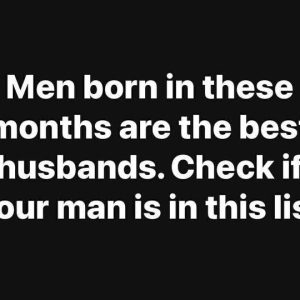I’m ninety years old now. After building a grocery empire over seven decades, I learned that money doesn’t hold your hand at 3 a.m., and power can’t warm an empty house. My wife died in ’92, and we never had children. One night, wandering my empty mansion, I asked myself: who truly deserves what I’ve built? Not the suits or distant relatives—but someone decent, who treats people right when no one’s watching.
So I ran a test.
I disguised myself as a shabby man, dirtied my face, and entered one of my stores. The stares, whispers, and sneers were brutal. Kyle, the floor manager I’d personally promoted, told me to leave—“We don’t want your kind here.” I was ready to walk away, but a junior admin named Lewis stopped me, took me to the break room, gave me coffee and a sandwich, and said, “You don’t need money to be treated like a person.”
I left in tears and rewrote my will: everything to Lewis.
A week later, back in my usual suit, Kyle fawned over me, but Lewis just nodded quietly, having already passed my test.
Then a mysterious letter arrived: Don’t trust Lewis. Check Huntsville, 2012. I discovered Lewis had served time for grand theft auto. When I confronted him, he said, “I didn’t lie. I paid for it, and prison changed me. That’s why I treat people with dignity.”
Family fought the decision bitterly, threatening Lewis. But he surprised me by saying, “I don’t want your money. I want to build something that outlives us—feeding people, giving second chances.”
So I founded the Hutchins Foundation for Human Dignity, making Lewis its director.
I don’t know how long I have left, but I rest easy knowing I passed my legacy to a man of character. As Lewis said, “It’s not about who they are. It’s about who you are.”





